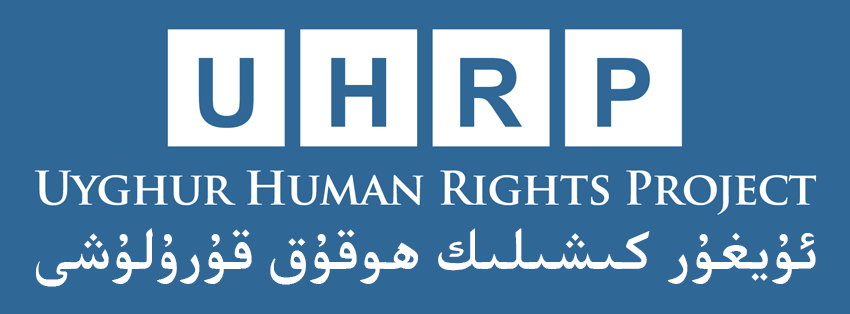Post by: William C. Furr
“They made their lives bitter with harsh labor in brick and mortar and with all kinds of work in the fields; in all their harsh labor the Egyptians worked them ruthlessly.”
Exodus 1:14

The Uyghur Human Rights Project (UHRP) is a non-profit organization in Washington, D.C. that studies and reports on the grave situation of Uyghur people and other Turkic Muslims living in area in Central Asia north of Tibet known as East Turkistan. The organization investigates human rights abuses against Uyghur people by the Chinese Communist Party (CCP), which calls the region by the colonial name Xinjiang or “New Frontier”. Since 2017, Uyghurs in East Turkistan have been subjected to mass internment, forced labor, separation from children, sterilization, brainwashing, constant surveillance and other grave moral evils on the basis of their religious beliefs and practices.
One of the important legal questions for Uyghur advocacy organizations is the issue of whether the policy of mass internment by the CCP constitutes genocide. Genocide has been variously defined, but is not limited to mass murder, as with the Holocaust. China is party to the Genocide Convention of 1948 which defines genocide as follows:
“In the present Convention, genocide means any of the following acts committed with intent to destroy, in whole or in part, a national, ethnical, racial or religious group, as such:
(a) Killing members of the group;
(b) Causing serious bodily or mental harm to members of the group;
(c) Deliberately inflicting on the group conditions of life calculated to bring about its physical destruction in whole or in part;
(d) Imposing measures intended to prevent births within the group;
(e) Forcibly transferring children of the group to another group.” (Genocide Convention, Article II)
Genocide Convention of 1948
The key question for scholars and legal analysts participating in the Uyghur Tribunal, a people’s tribunal being held in England this year, is not whether the CCP has committed one of the five kinds of acts listed against Uyghurs, because some of these seem proven, but whether China has demonstrated the requisite “intent to destroy in whole or in part” Uyghurs. Dr. Adrian Zenz, an important researcher on the topic, has concluded that the intent to destroy part of the Uyghur population is demonstrated in the academic writings of CCP members, which usually reflect internal policy objectives or directions of the CCP. While the “intent to destroy” can be hard to demonstrate, there is no question that the atrocity crimes constitute “crimes against humanity,” an equally grave violation. Both Amnesty International and Human Rights Watch have concluded that the Chinese government is committing crimes against humanity against the Uyghurs and other Turkic Muslim peoples.
On July 14th, UHRP participated in the International Religious Freedom Summit, being held in Washington, D.C. Commissioner Nury Turkel of the US Commission on International Religious Freedom and the Board Chair of UHRP, spoke on a panel on “Big Surveillance and the Rise of Technology in Persecution.”
This post was written by a Center for Global Justice Intern. The views expressed in this post do not necessarily reflect those of Regent University, Regent Law School, or the Center for Global Justice.

